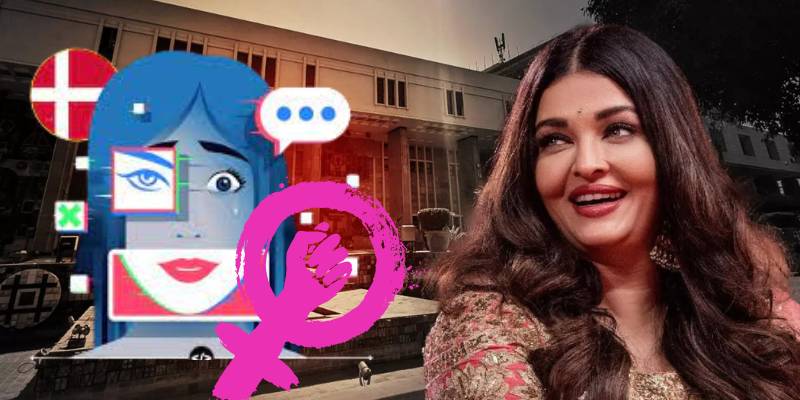Bollywood icon Aishwarya Rai Bachchan has taken a bold legal step to safeguard her identity, moving the Delhi High Court to protect her personality rights and curb the misuse of her likeness in AI-generated content.
The move comes after growing concerns that her image has been manipulated without consent in everything from misleading ads to deepfake content that could damage her reputation.
This isn’t just about one star—it’s about the growing unease in India and globally over how artificial intelligence blurs the line between real and fake.
From doctored political speeches to AI-generated celebrity endorsements, the world is seeing a flood of content that looks authentic but isn’t.
And in a country like India, where Bollywood stars are almost worshipped, the misuse of their faces can have consequences far beyond gossip columns.
The Delhi High Court has already set precedents in similar cases. Earlier this year, actors Anil Kapoor and Amitabh Bachchan both sought legal protection against the unauthorized use of their names, voices, and images in AI-powered tools.
Courts have shown willingness to grant interim injunctions, signaling that India’s judiciary is waking up to the urgency of regulating digital likenesses before the genie is fully out of the bottle.
Globally, the story isn’t much different. Hollywood has been grappling with its own AI storm—just last year, during the SAG-AFTRA strikes, one of the central concerns was studios trying to scan and reuse actors’ likenesses indefinitely without fair compensation.
That fight eventually forced tech and entertainment leaders in the U.S. to rethink how far AI should be allowed to go in reshaping art and ownership.
The larger question is, who actually owns your face in the digital age? Aishwarya’s case forces this issue into the spotlight. While intellectual property laws and personality rights provide some cover, AI is advancing so fast that regulators are constantly playing catch-up.
If detection tools can’t keep pace with manipulation software, ordinary people—not just celebrities—could find their images spliced into scams, fake ads, or even explicit deepfakes without ever knowing until it’s too late.
Honestly, I think Aishwarya’s move is not just about her—it’s symbolic.
If one of the most recognized faces in the world has to fight tooth and nail to protect her identity, what chance does an ordinary college student or working professional have when their photo gets lifted off Instagram and twisted into something ugly? That thought should make all of us pause.

